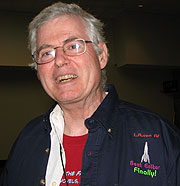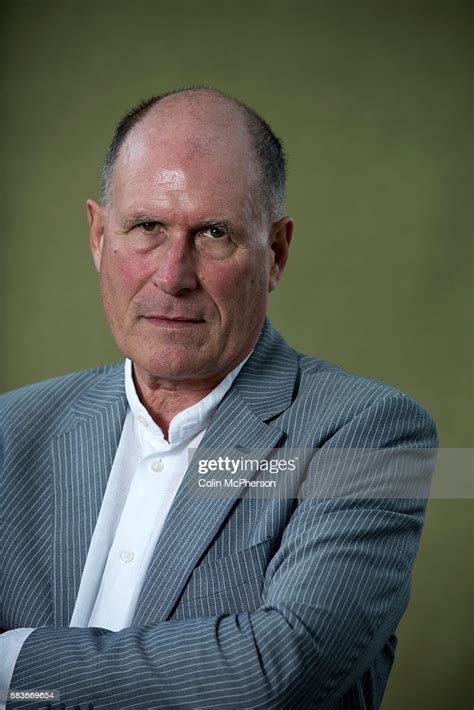A Quote by Jose Saramago
The novel is not so much a literary genre, but a literary space, like a sea that is filled by many rivers.
Related Quotes
The Booker thing was a catalyst for me in a bizarre way. It’s perceived as an accolade to be published as a ‘literary’ writer, but, actually, it’s pompous and it’s fake. Literary fiction is often nothing more than a genre in itself. I’d always read omnivorously and often thought much literary fiction is read by young men and women in their 20s, as substitutes for experience.
I'm now much more excited about genre distinctions. What I still see breaking down are more the hierarchical arrangements of genres. That is, "There is literary fiction, and then there are lesser genres." I'm much more clear on the idea that literary fiction is itself a genre. It is not above other genres. It is down there in the muck with all the other genres, and it's doing the wonderful things that it does, but to give it a Y-axis, to make it high and low, just seems absurd. I stand by that.
[Michael] Chabon, who is himself a brash and playful and ebullient genre-bender, writes about how our idea of what constitutes literary fiction is a very narrow idea that, world-historically, evolved over the last sixty or seventy years or so - that until the rise of that kind of third-person-limited, middle-aged-white-guy-experiencing-enlightenment story as in some way the epitome of literary fiction - before that all kinds of crazy things that we would now define as belonging to genre were part of the literary canon.
There are so many new young poets, novelists, and playwrights who are much less politically committed than the former generations. The trend is to be totally concentrated on the literary aesthetic and to consider politics to be something dirty that shouldn't be mixed with an artistic or a literary vocation.
Madly, futilely, I wrote novel after novel, eight in all, that failed to find a publisher. I persisted because for me the novel was the supreme literary form - not just one among many, not a relic of the past, but the way we communicate to one another the subtlest truths about this business of living.
Madly, futilely, I wrote novel after novel, eight in all, that failed to find a publisher. I persisted because for me the novel was the supreme literary form: not just one among many, not a relic of the past, but the way we communicate to one another the subtlest truths about this business of living.




































